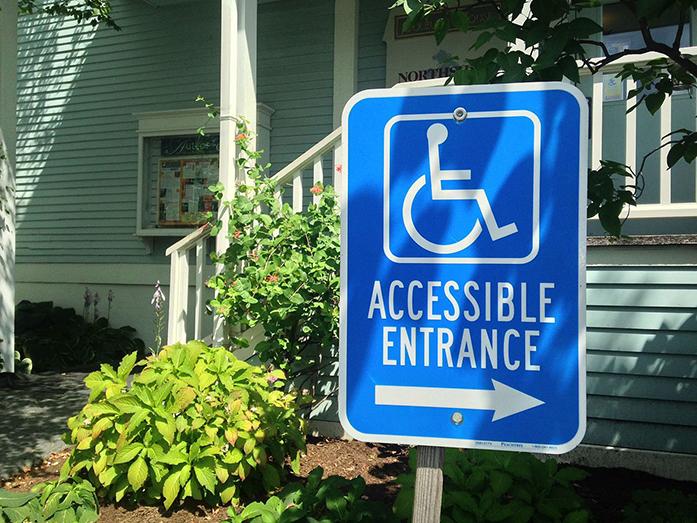Some will argue that recruiting doctors with disabilities compromise patient care, but there are compelling reasons to push back against this reactionary stance. Growing evidence suggests that medicine cannot afford to keep people with disabilities out of the profession and that patients with disabilities can achieve better outcomes when they are seen by a doctor with a disability. Furthermore, exclusion in medicine is fundamentally unethical.
How many people with disabilities are in medicine?
People with disabilities are a large demographic in the U.S.—20-25 percent—yet they are one of the most underrepresented groups in medicine. Admissions results for medical students with preexisting disabilities are low, so doctors with disabilities are often those who developed disabilities during their careers. This disparity contributes to systemic bias that disability is something for patients to have and for doctors to fix. This harms the profession as a whole and limits institutional progress.
Medicine is entering a period of change. It has been rocked by nursing shortages, telemedicine, and artificial intelligence technology. Medical admissions should prioritize recruiting the most skilled and capable leaders to help guide physician efforts. Excluding a large minority group limits the potential of the medical field.
Furthermore, accessibility has emerged as a major issue demanding attention. Medical students and doctors with a diverse range of disabilities need to be at the table when decisions are made to adapt to change. Diverse organizations are capable of more creative and effective problem-solving than homogenous ones, but the access of diversity that medicine claims to value has thus far excluded ability almost entirely. Thus, medicine cannot afford to exclude this valuable pool of potential leaders, that patients also stand to gain by embracing inclusion.
How can having physicians with disabilities help patients?
Medical outcomes are significantly improved by a strong patient-doctor relationship. Many factors contribute to this bond, including shared culture and life experience. Black patients have better outcomes when they are seen by doctors who are also Black, and some evidence suggests that a similar phenomenon holds for patients with disabilities. Thus, greater diversity could provide substantial benefits at the individual patient level. Yet the value of these outcomes is greater than just for the patients in question. The prevalence of disability should illustrate that we all stand to benefit from improving the lives of this large minority. Nearly everyone relies on the services, support, or affection of a person in their life or community with a disability. We should all be invested in seeing them receive the best possible care because this would impact all of our lives regardless of personal ability.
While I have outlined above how inclusion may benefit medicine at the level of the entire field and of the individual patient, it is important to state that inclusion is worthwhile for its own sake. Equity is an aspiration we claim to prioritize, and we need to start living up to it. Everyone deserves the opportunity to pursue a career where their greatest strengths can serve their communities. The field of medicine must begin to adhere more fully to its ethical principles.
Margaret Fuller, She/Her/Hers, Final Year MD/PhD Student, Class of 2024
Columns reflect the opinions of the authors and are not necessarily those of the Editorial Board, The Daily Iowan, or other organizations in which the author may be involved.



